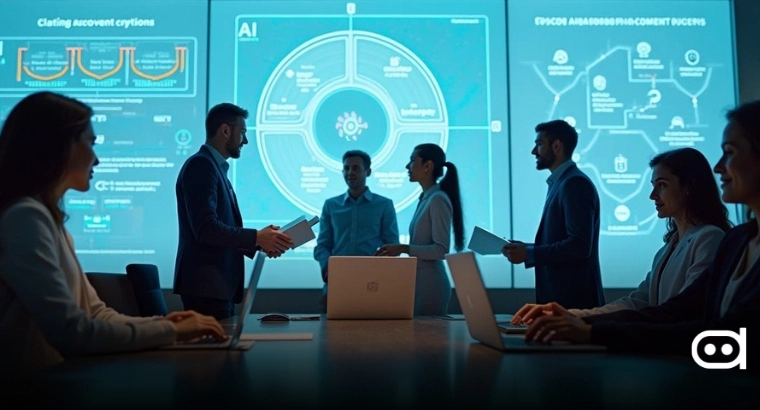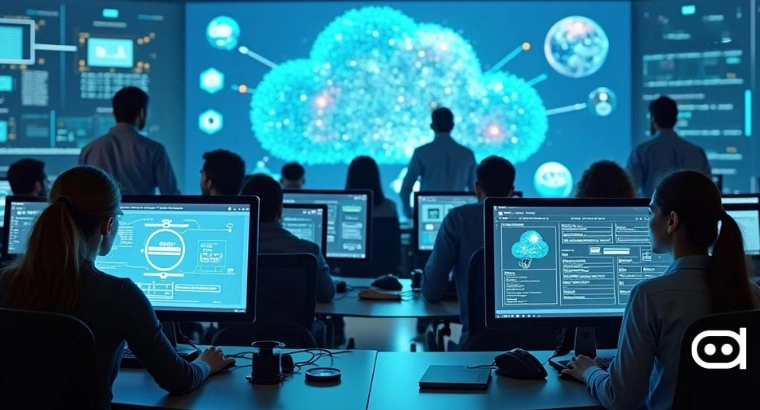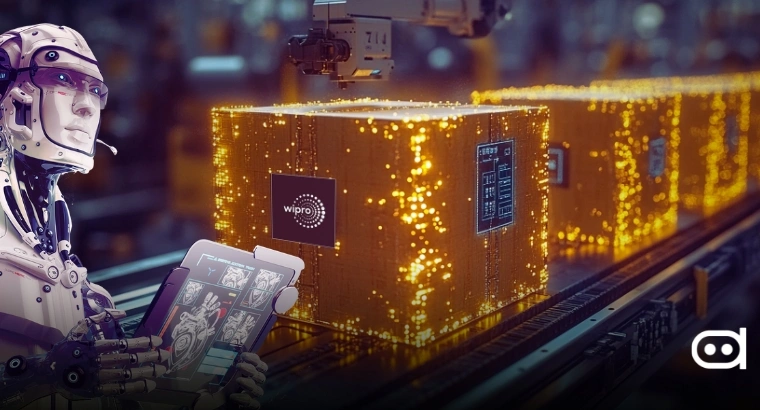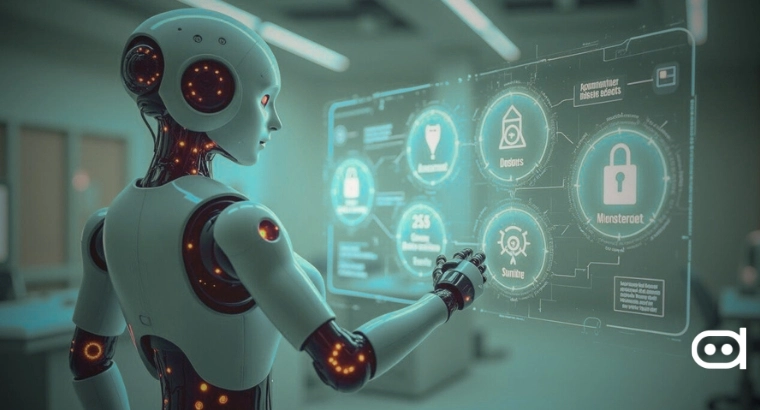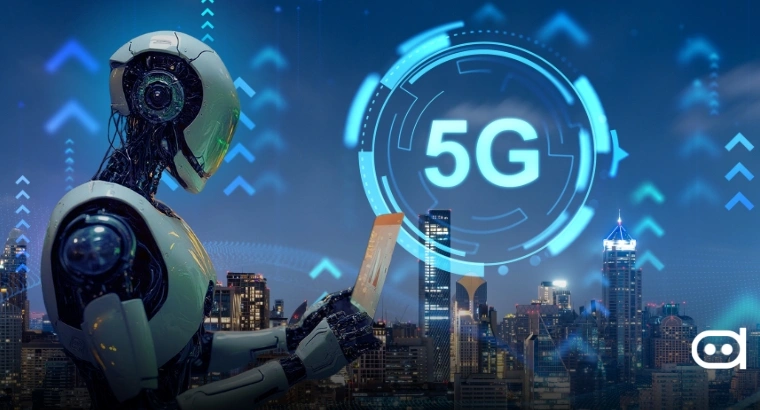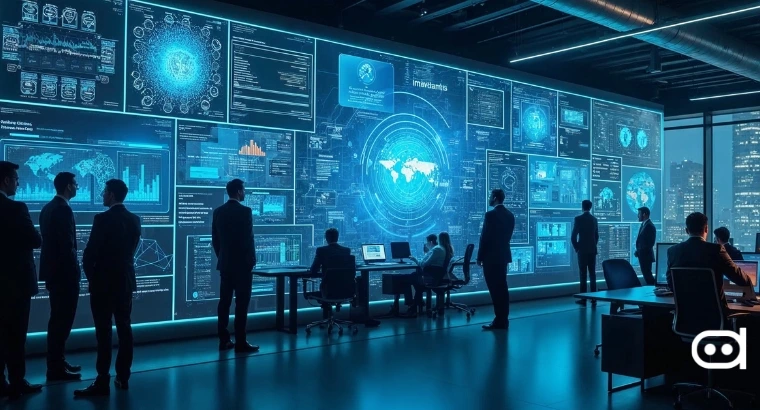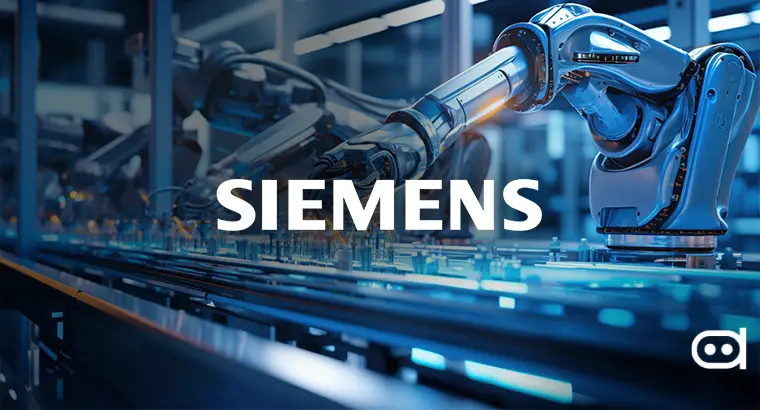
Microsoft unveiled how Artificial Intelligence (AI) is helping thyssenkrupp bridge the gap created due to a shortage of skilled workforce. The factory is practically using Siemens Industrial Co-Pilot to get things done.
The shortage of skilled workforce extends to Europe and even the US, with Microsoft confident that a global application will succeed. Siemens developed the industrial co-pilot, and Microsoft developed the Azure OpenAI service. Its application can essentially be tracked to the manufacturing sector.
One shortage that it has overcome is the language barrier. An engineer from thyssenkrupp reported that he had to converse in English since he could not interpret the German language.
However, he later came across the upgraded quality of the AI service, which he could use to interact with it in the local language. Suffice it to say that the service has only picked up from that moment with nothing to look back to for thyssenkrupp, its engineer, and the Co-Pilot.
The engineer, Schoenherr, began working with the AI assistant in July 2024. Since then, it has been used for requirements specific to the manufacturing firm.
Schoenherr focused on just a single part of it. Another part pertains to co-pilot operations, where interactions can be done even if the machine is operating. Engineers can ask their questions by typing them and will then receive an appropriate answer.
Siemens plans to roll out the Co-Pilot to industries worldwide; however, it is being tested to the best of its capabilities, and actual implementation may take a while. It has served as a versatile application to address the shortage of skilled workers. It remains to be seen if it can also complement the sufficient availability of the workforce by making it easier for them to operate instead of causing job losses.
Marcel Pfeiffer, thyssenkrupp’s director of digital factory solutions, said in a statement that they have a shortage of workers. They also want to boost efficiency by having more workers write code quickly. Marcel Pfeiffer hinted that a global rollout of the service could happen in 2025 for their manufacturing angle.
Erik Scepanski of Siemens has traced his inspiration for this back to 2022 when they were developing the Industrial Co-Pilot. He stated that he once faced similar difficulties while working as an electrical engineer tasked with programming machines.
He had to return to his superior, who would have his projects to work on. That was enough for him to develop the Co-Pilot, which would be there for people at every possible moment without requiring them to bother someone else.
Erik Scepanski is confident that the service will pick up because there is estimated to be a shortage of skilled labor by almost 85 million by 2030 – as per Korn Ferry’s study. There is also a rising confidence about its success in the future because interacting with the machine and getting feedback in return really resonates with everyone.
Latest Stories:
Alphabet Inc. and Anthropic PBC Enter a New Partnership
‘India Should Manufacture Its Own AI,’ Declares NVIDIA CEO
Meta Launches Quantized Llama 3.2 Models for Enhanced Mobile Performance
